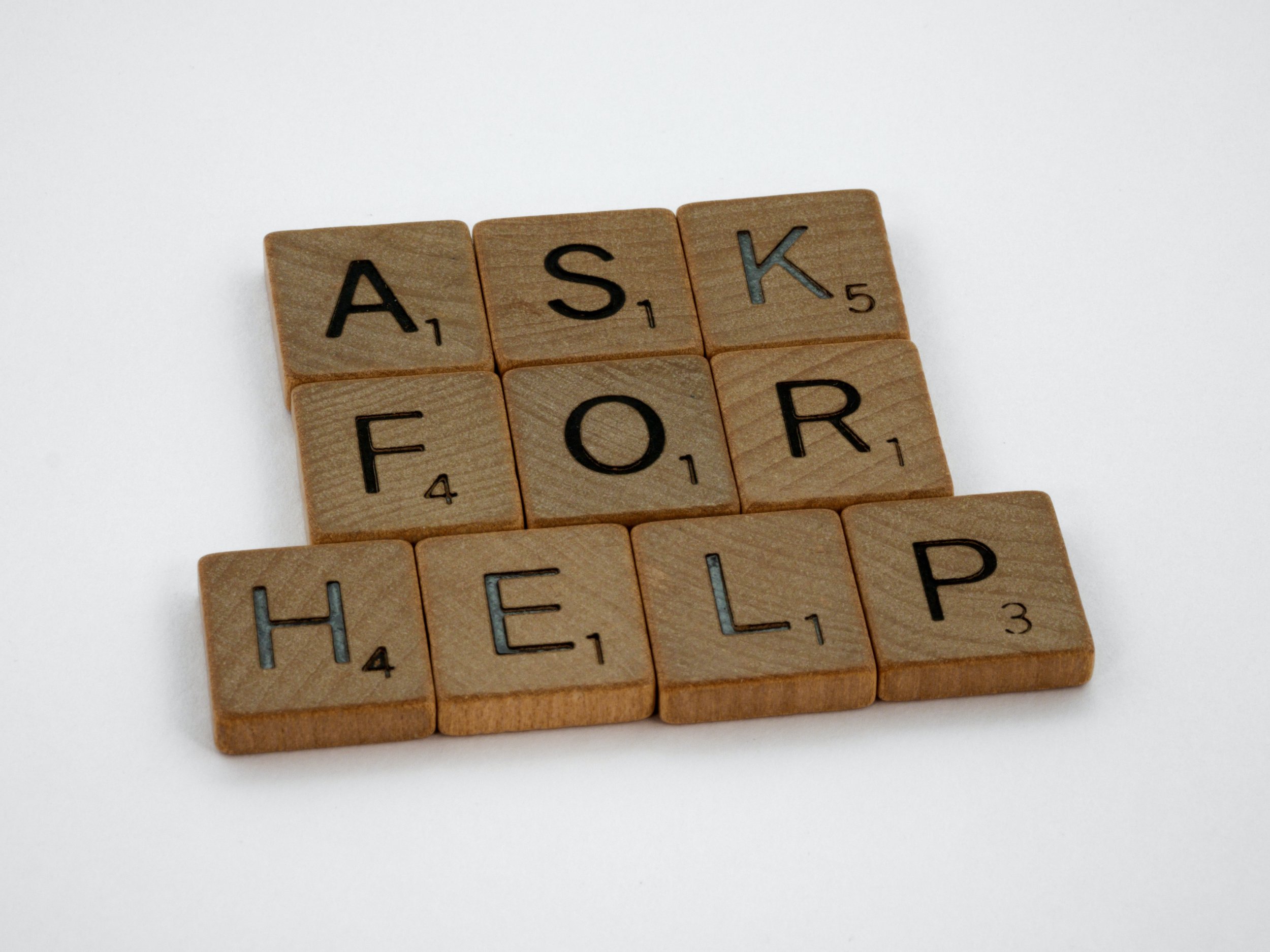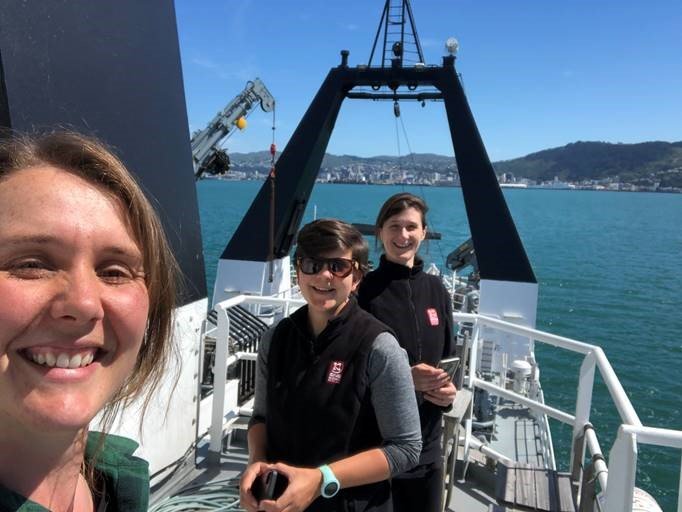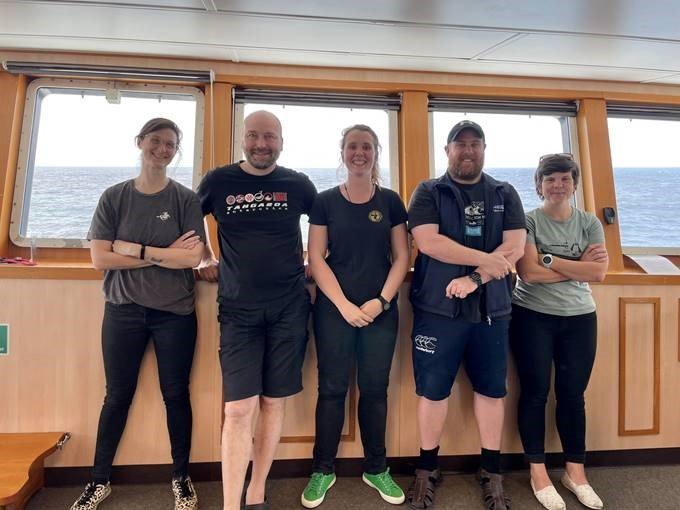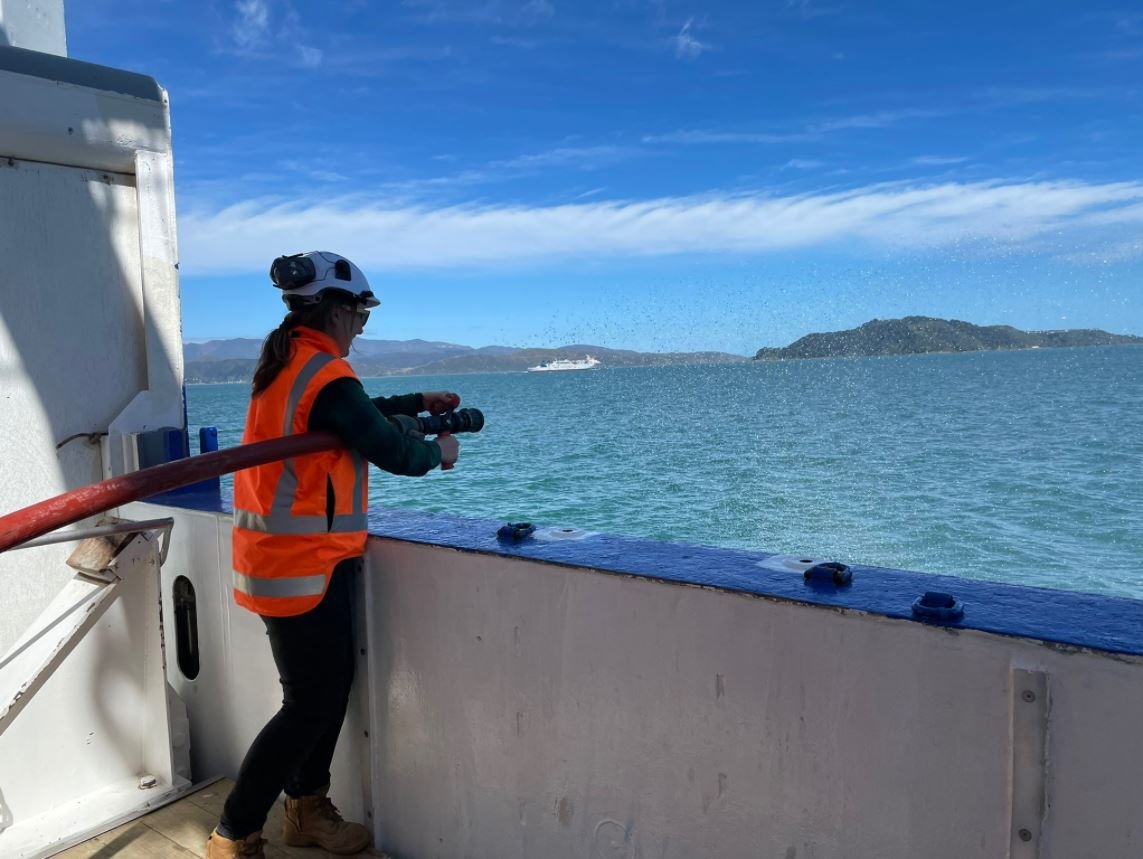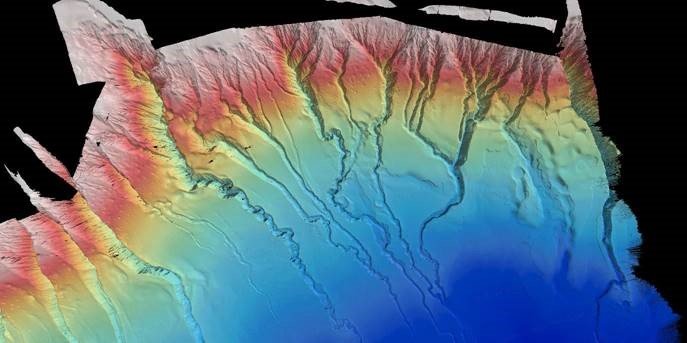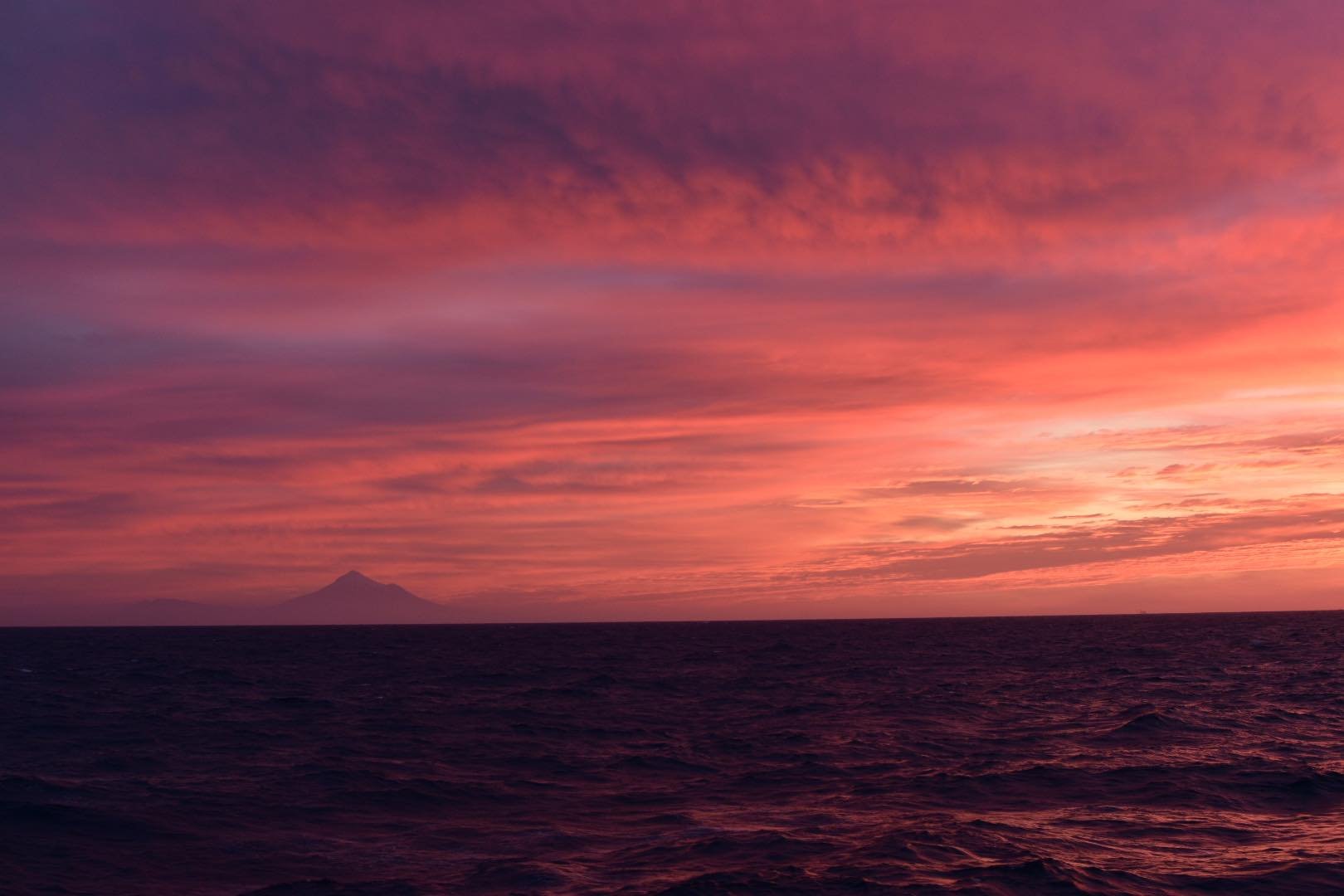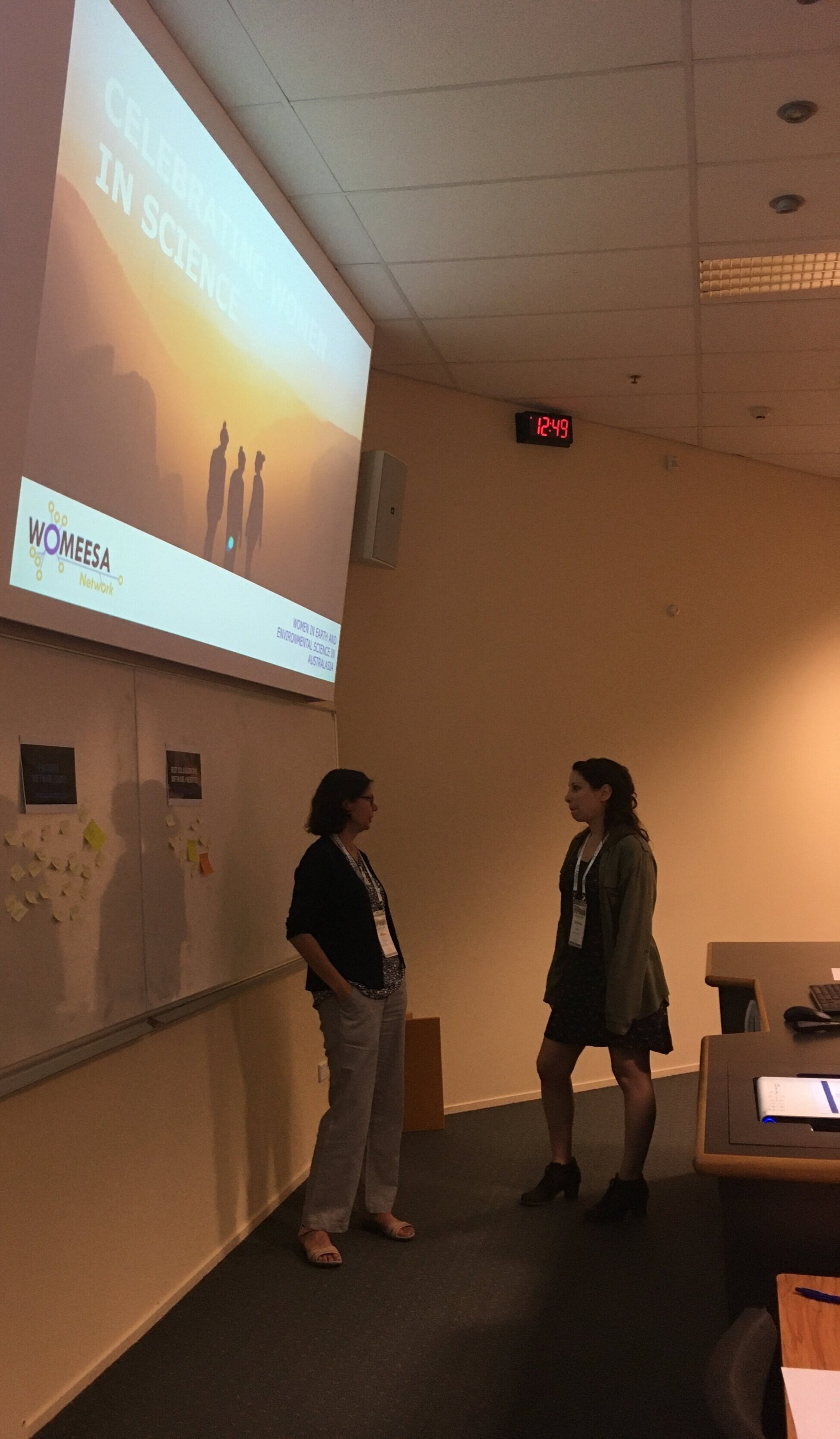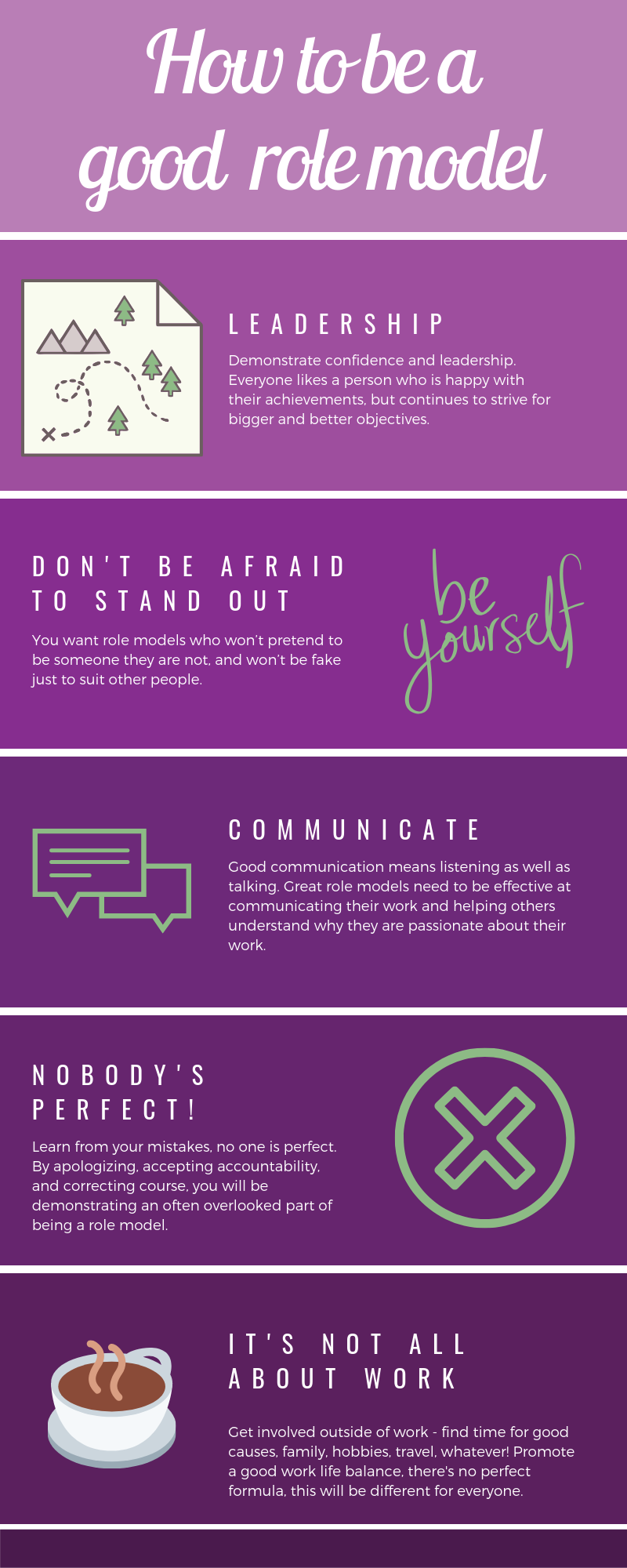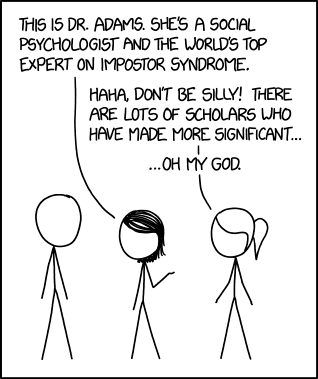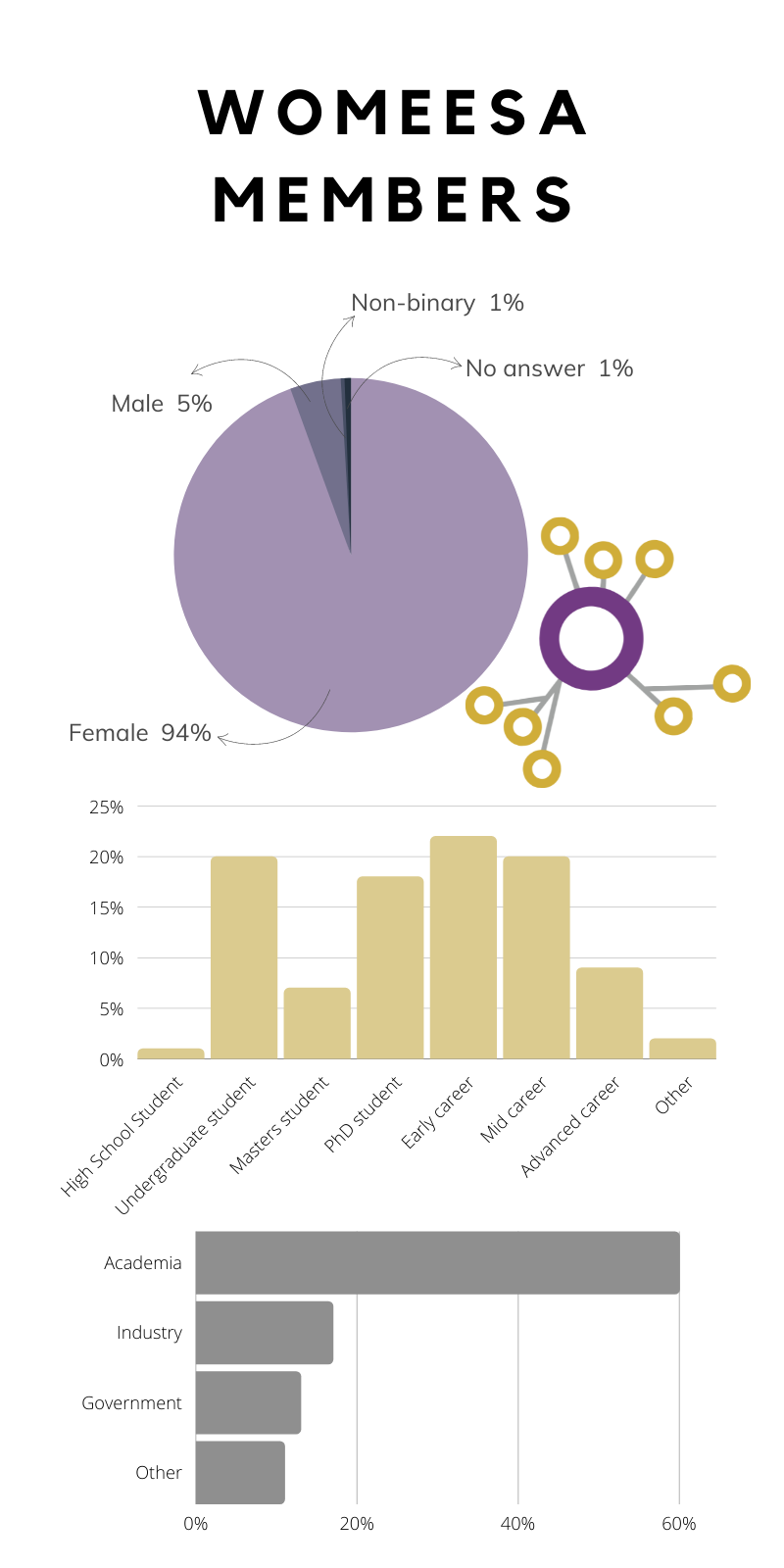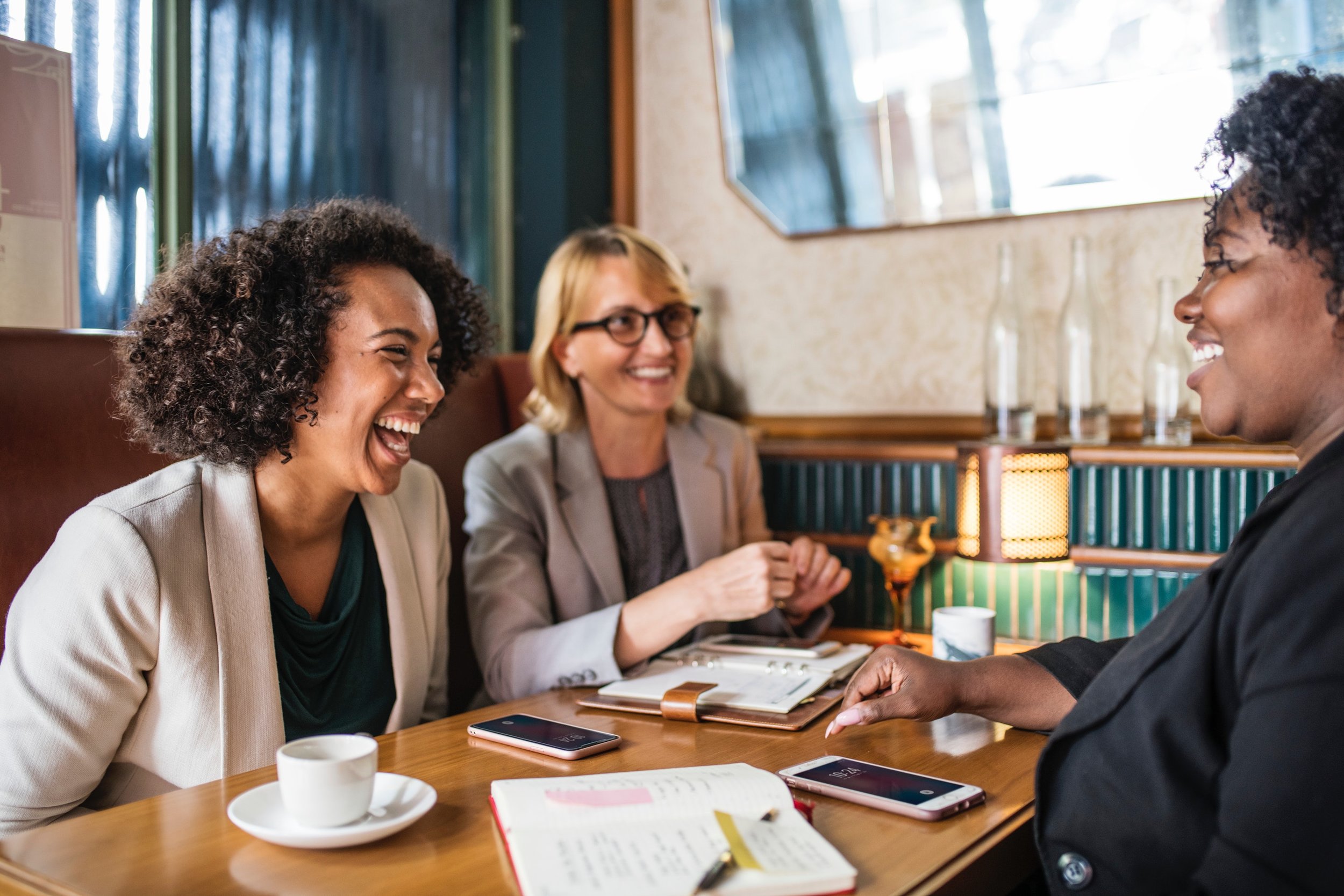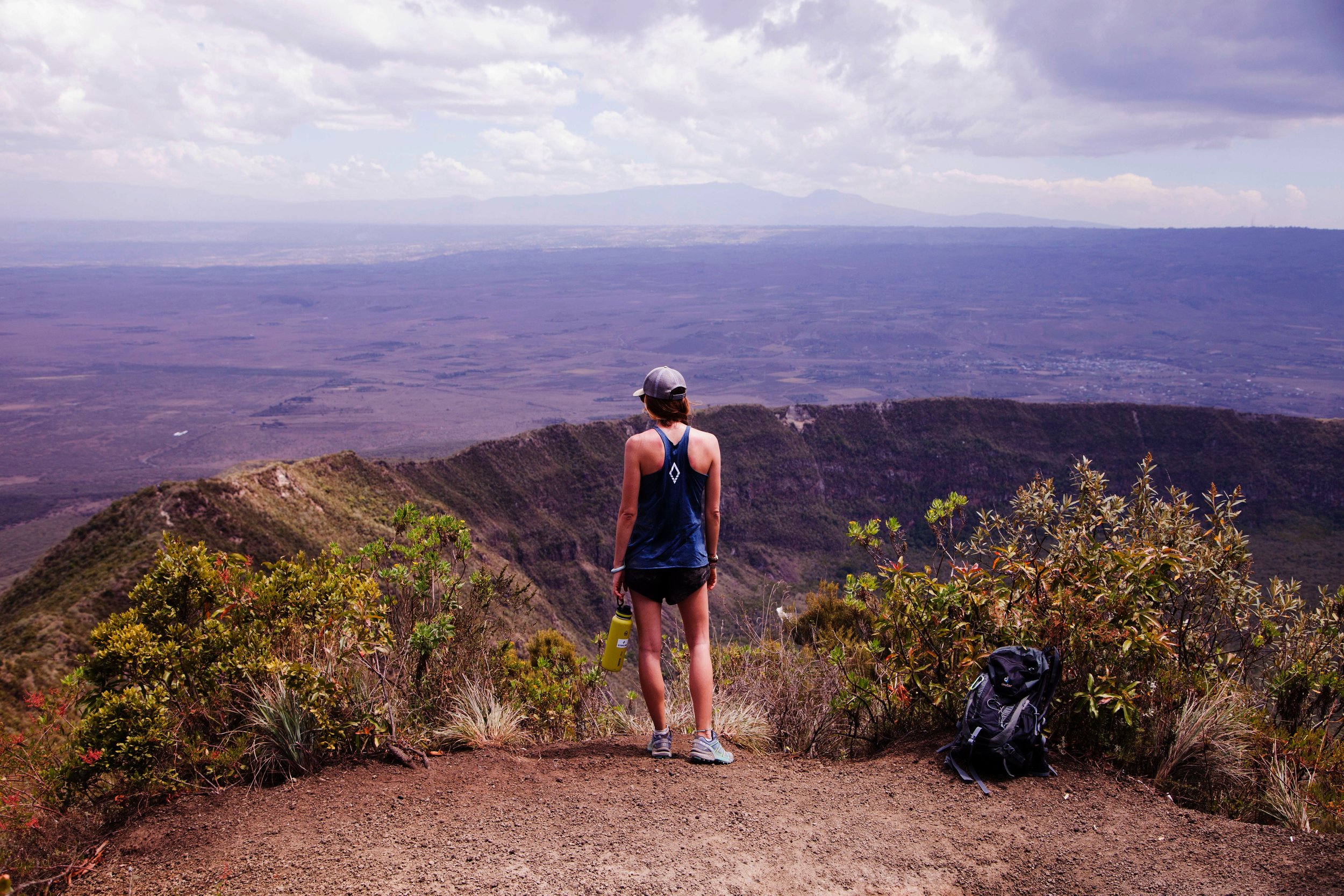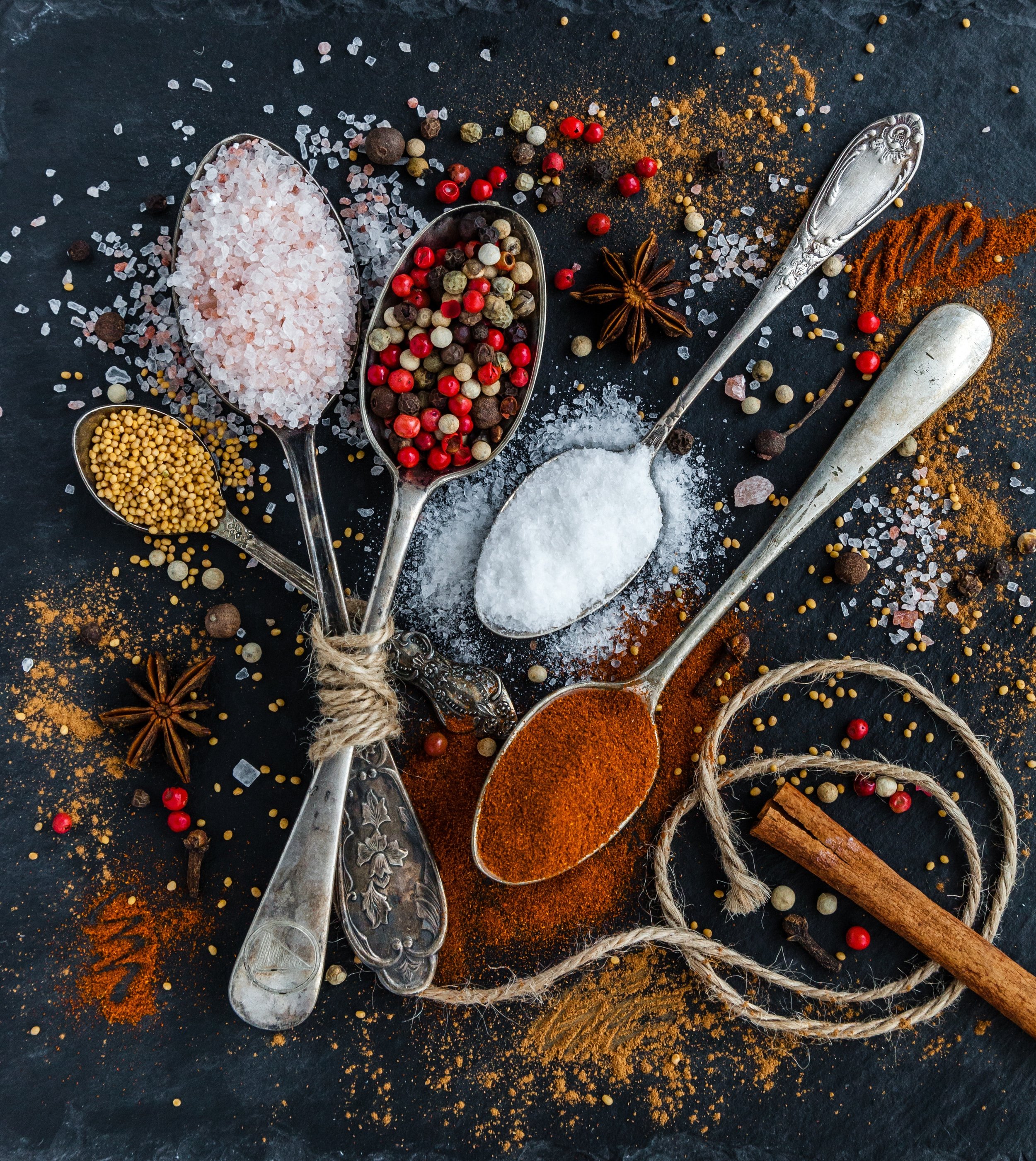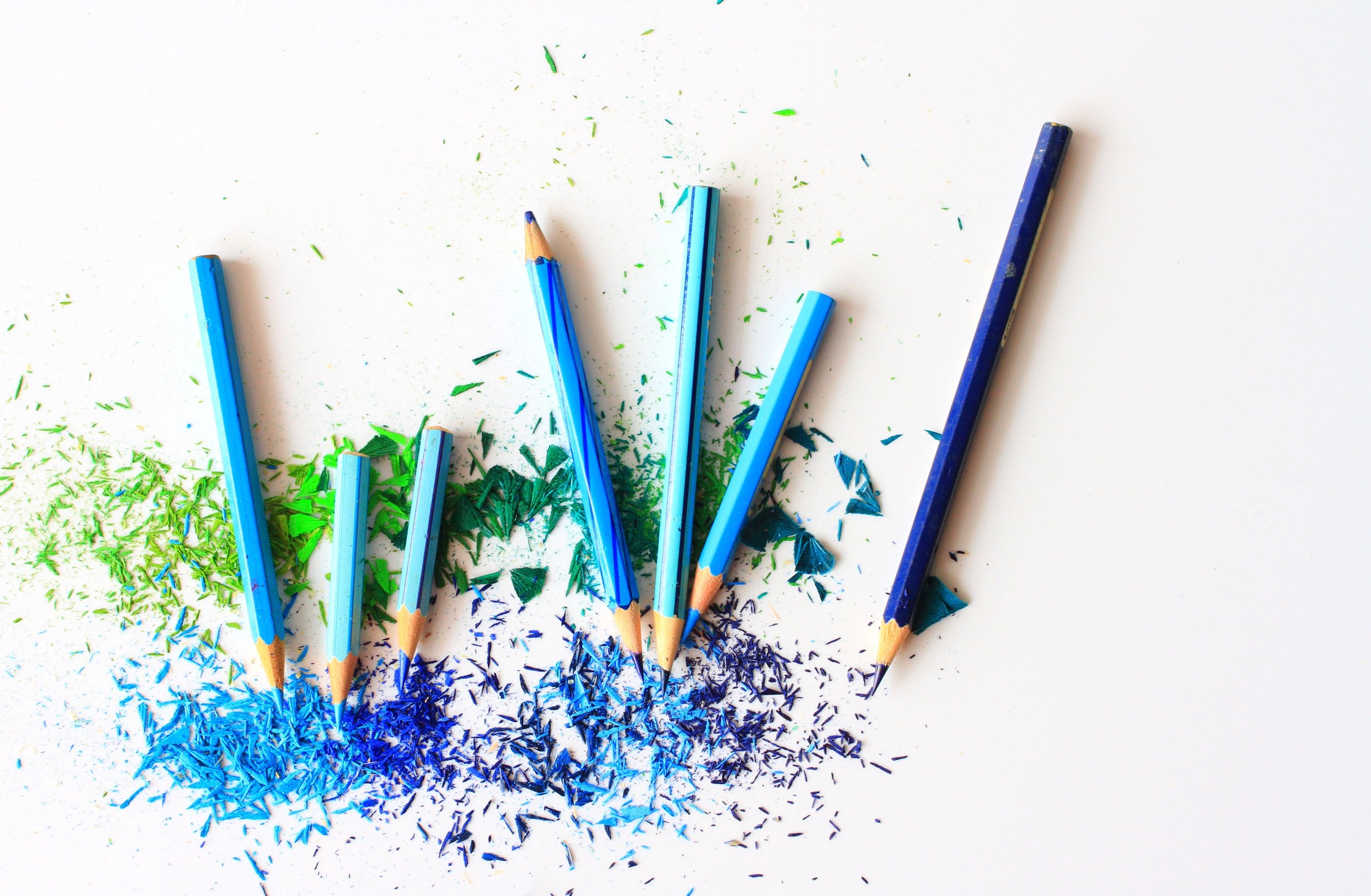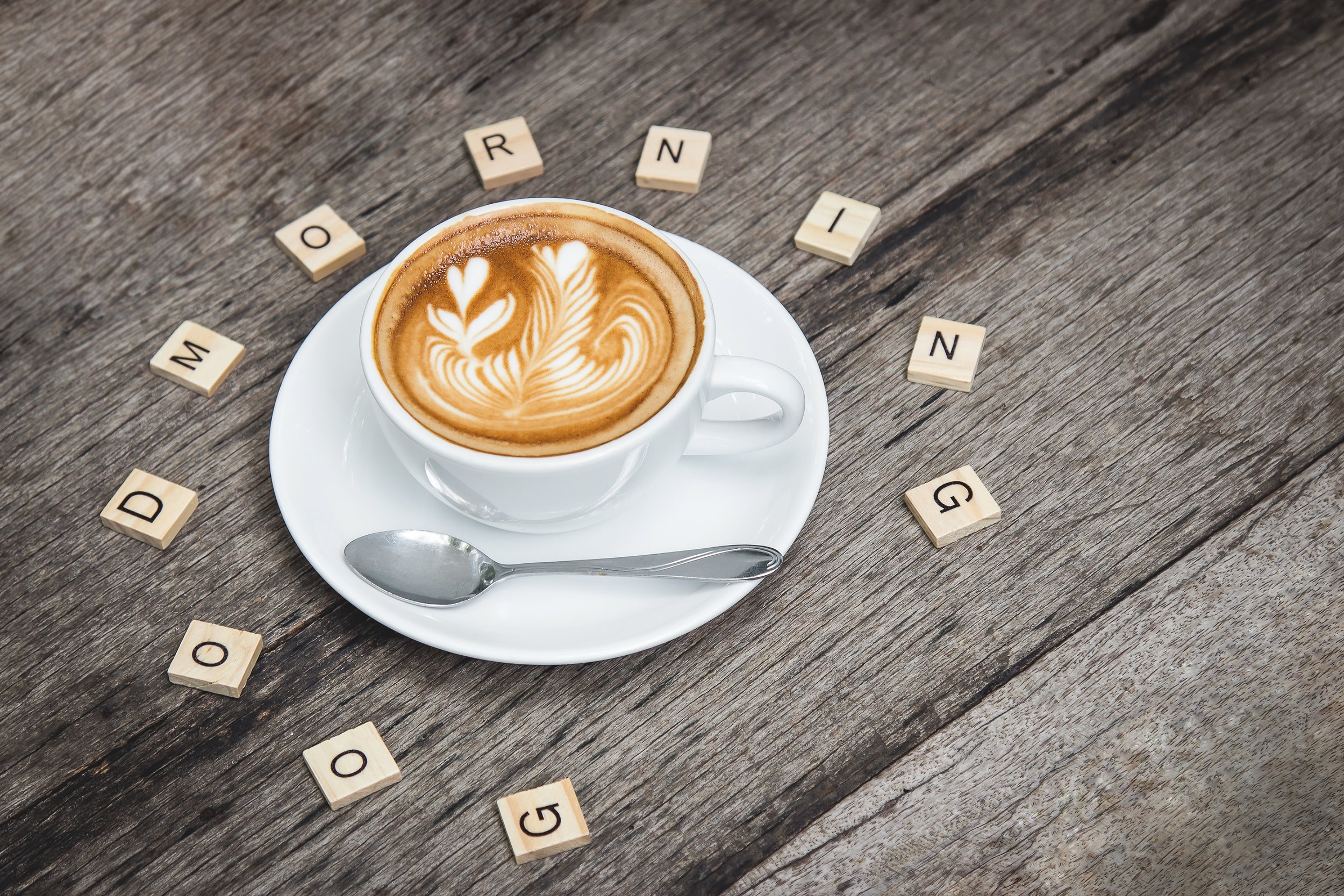By Alanis Olesch-Byrne, PhD Candidate, James Cook University
This week we are discussing the mental health of postgraduate students. Postgraduate students are the future of research, innovation and teaching in academia, industry and government.
According to Dr. Cassie M Hazell, a lecturer in Social Science at the University of Westminster, there is ‘mental health Crisis' brewing in postgraduate students. Their research found that PhD students ‘were more likely to meet the criteria for clinical levels of depression and anxiety’. It was also found that 40% of students thought that having a mental health problem during your PhD is the ‘norm’- “There is a common belief … you must suffer for the sake of your PhD, if you are not anxious or suffering from impostor syndrome, then you are not doing it "properly”. Furthermore, over a third of students had considered ending their studies due to mental health. Unfortunately, the world of academia encourages a climate of over work and under appreciation. In addition, a report published by the Council of Graduate Schools (CGS) in Washington DC, stated that ‘graduate students face challenges, such as poor mentorship, the inability to access counselling services and a lack of training for non-academic careers.
I do not want this to be all doom and gloom, but it is important to understand what factors may contribute to these feeling amongst the postgraduate cohort. According to Dr. Hazell risk factors that could lead to poor mental health include financial insecurity, poor relationship with a PhD supervisor, lack of external interest PhD and the prevalence of perfectionism/imposter syndrome leading to a feeling of being isolated.
So, what can we do as postgraduate students to mitigate our mental health during our PhDs?
In a nature article by Nikki Forrester, some postgraduate students have found ways that they manage their mental health. These include taking time away from your work, going for a lunch time walk or reclaiming your weekends. Comparing yourself with yourself, PhD progression is not linear and if you can look back at yourself at the start of the year or start of your PhD you will see that you have made progress. Seek support networks, which can be easier said than done but placing yourself in a supportive environment is a wonderful place to start. This can include peer support networks, like the WOMEESA peer mentoring program starting in June or approach your Postgraduate representative at your university or email me (Alanis) and I can point you in the right direction.
Read Dr Hazell article in the conversation and this nature article.


